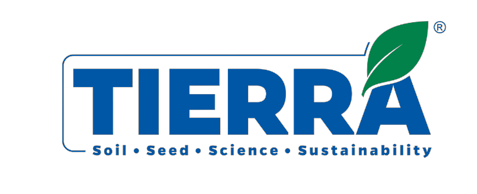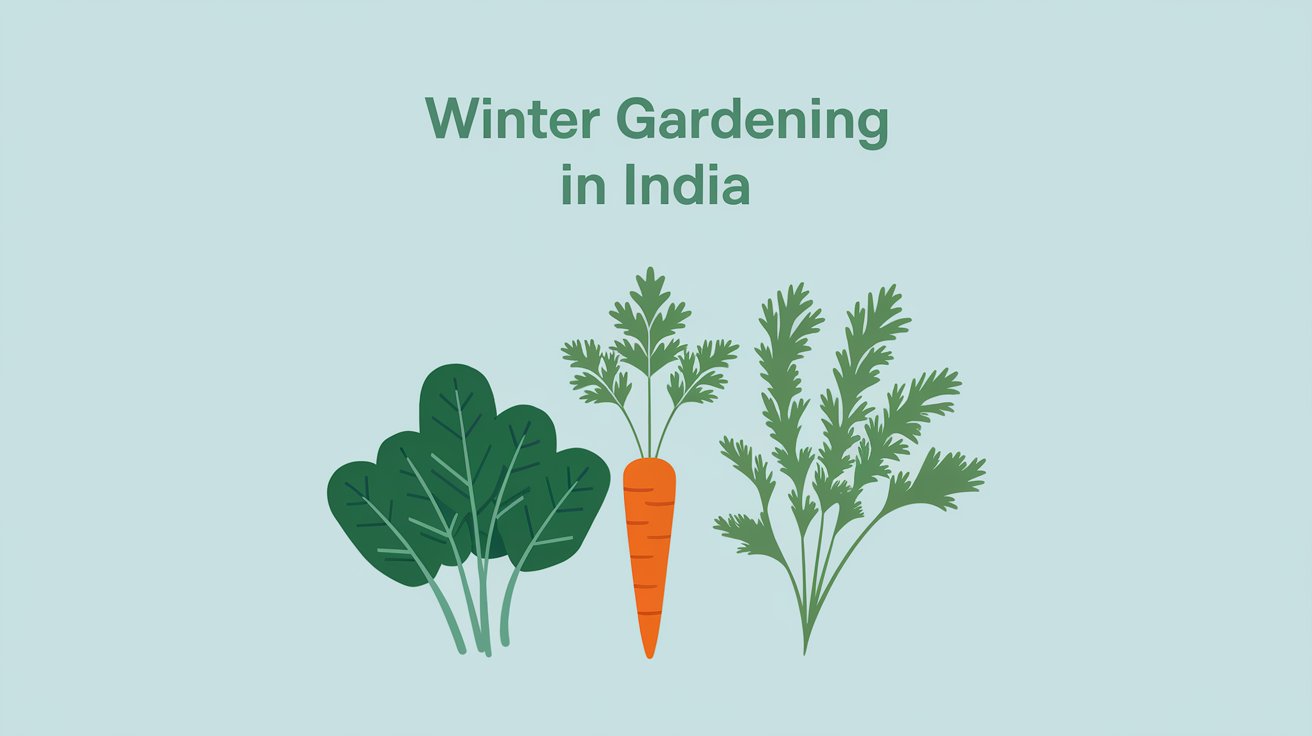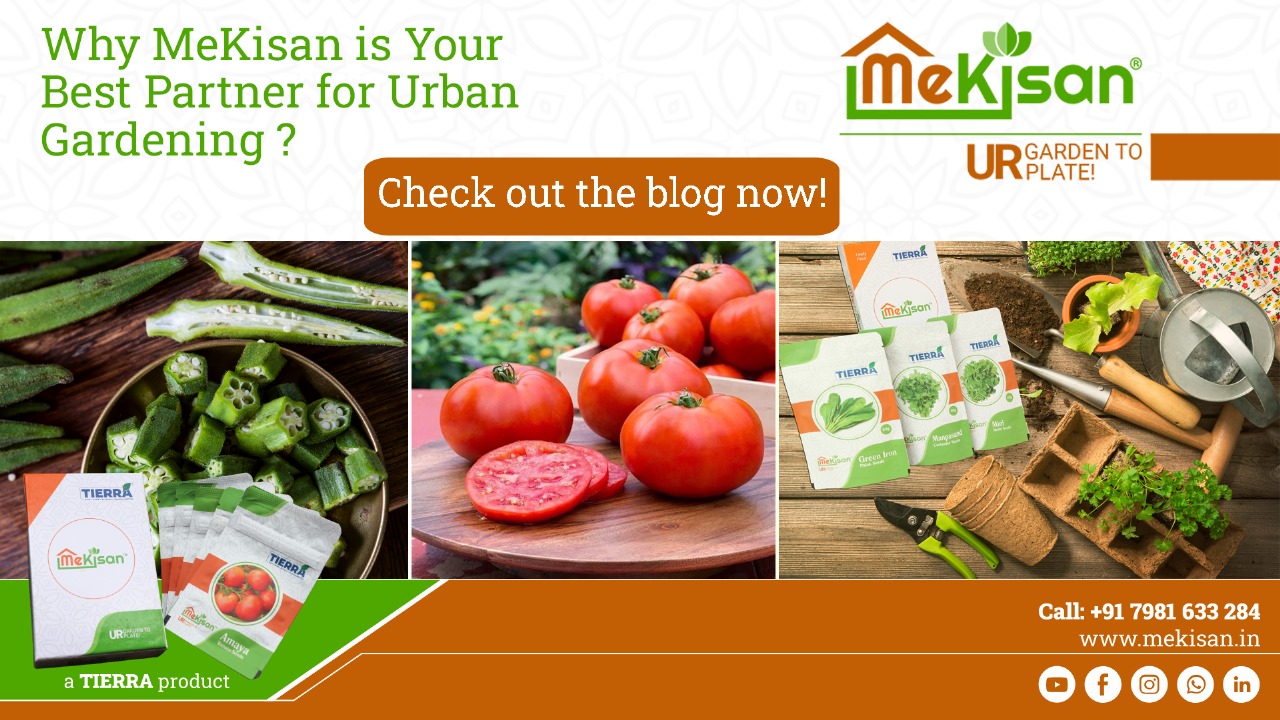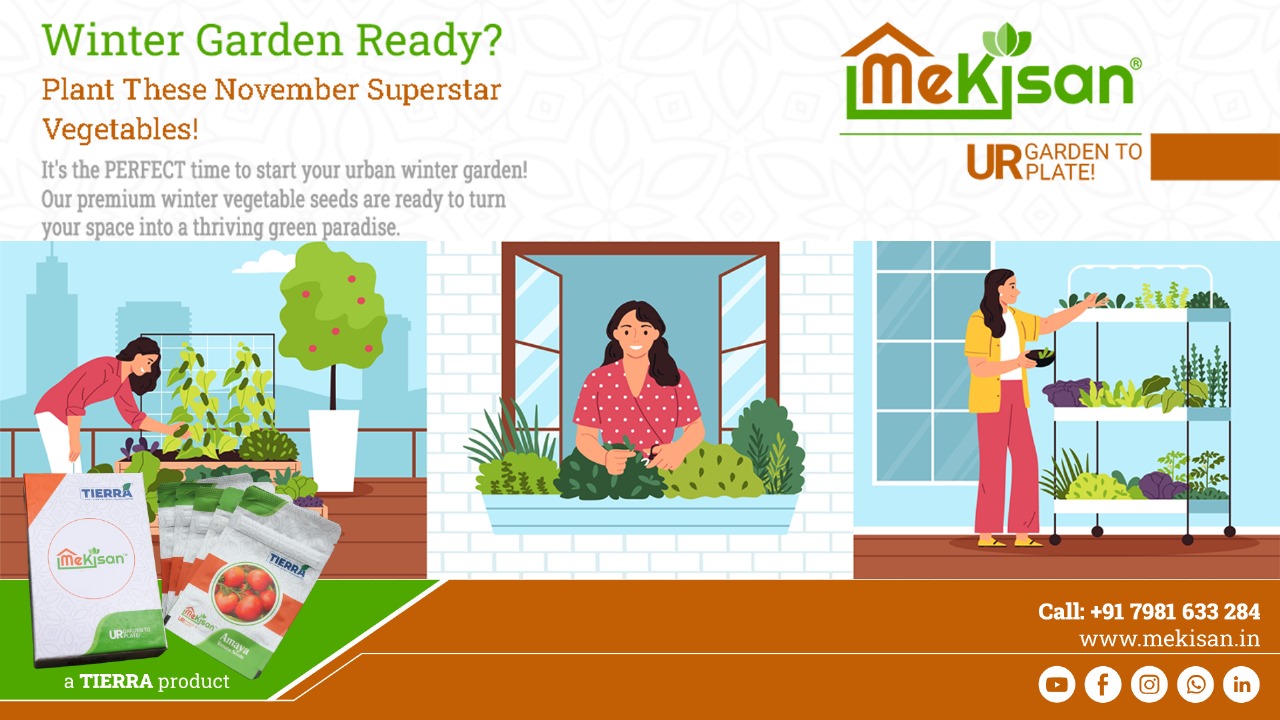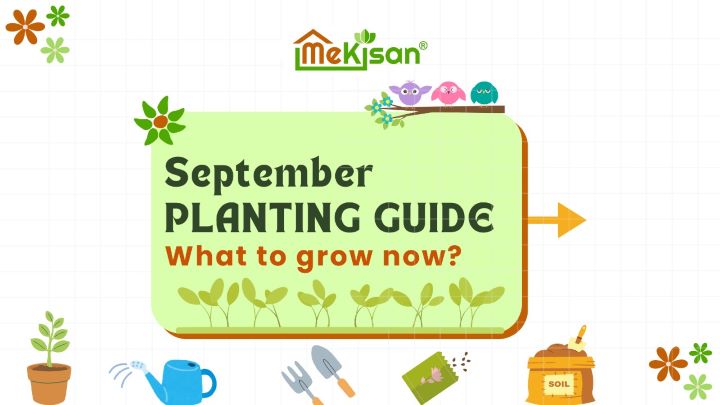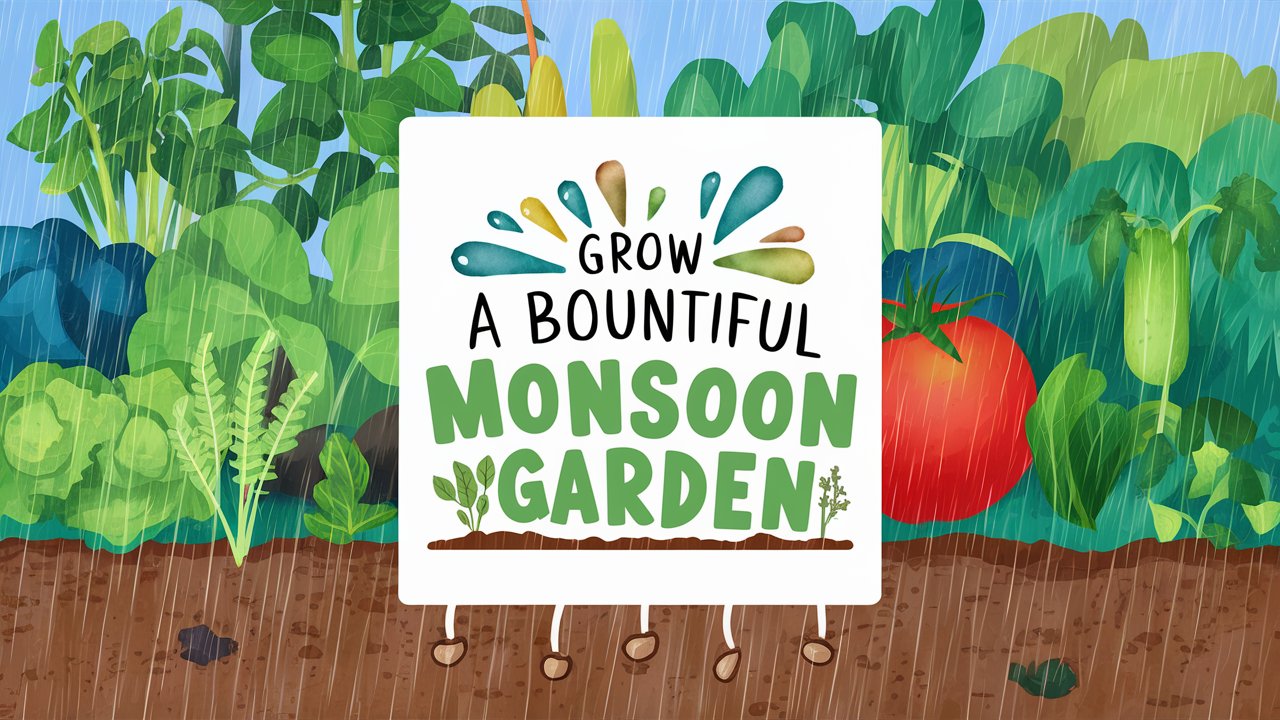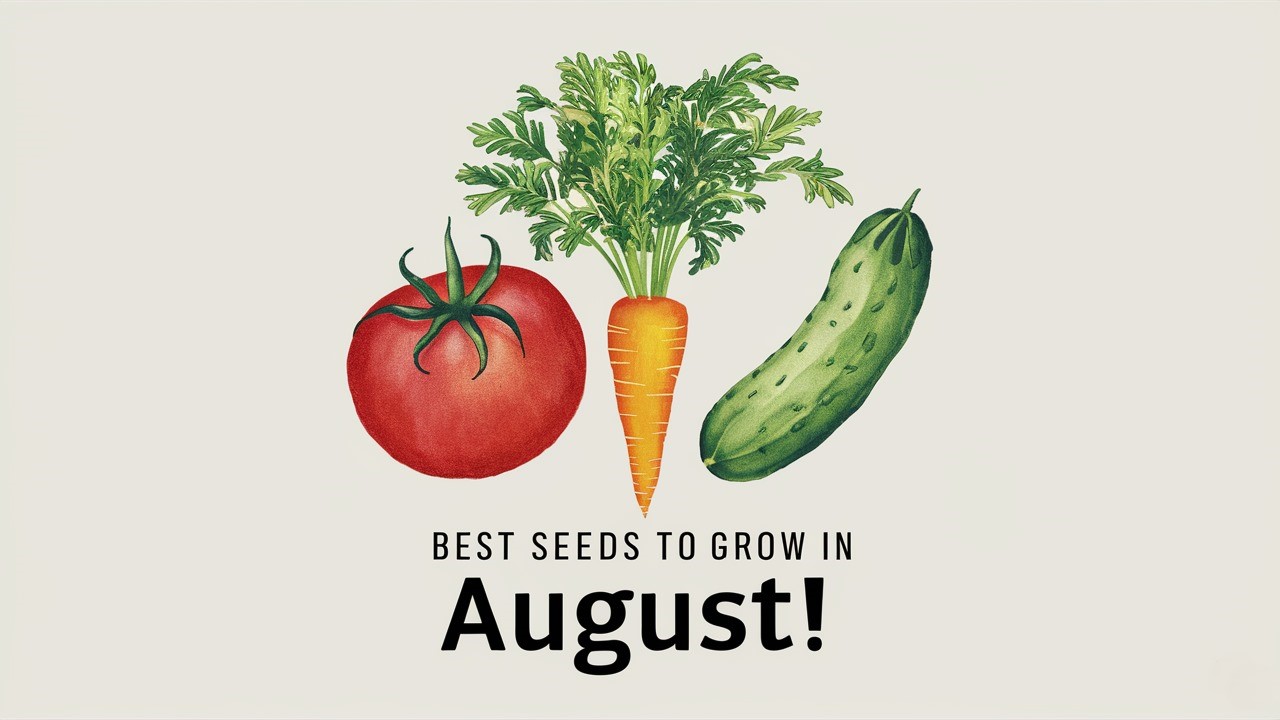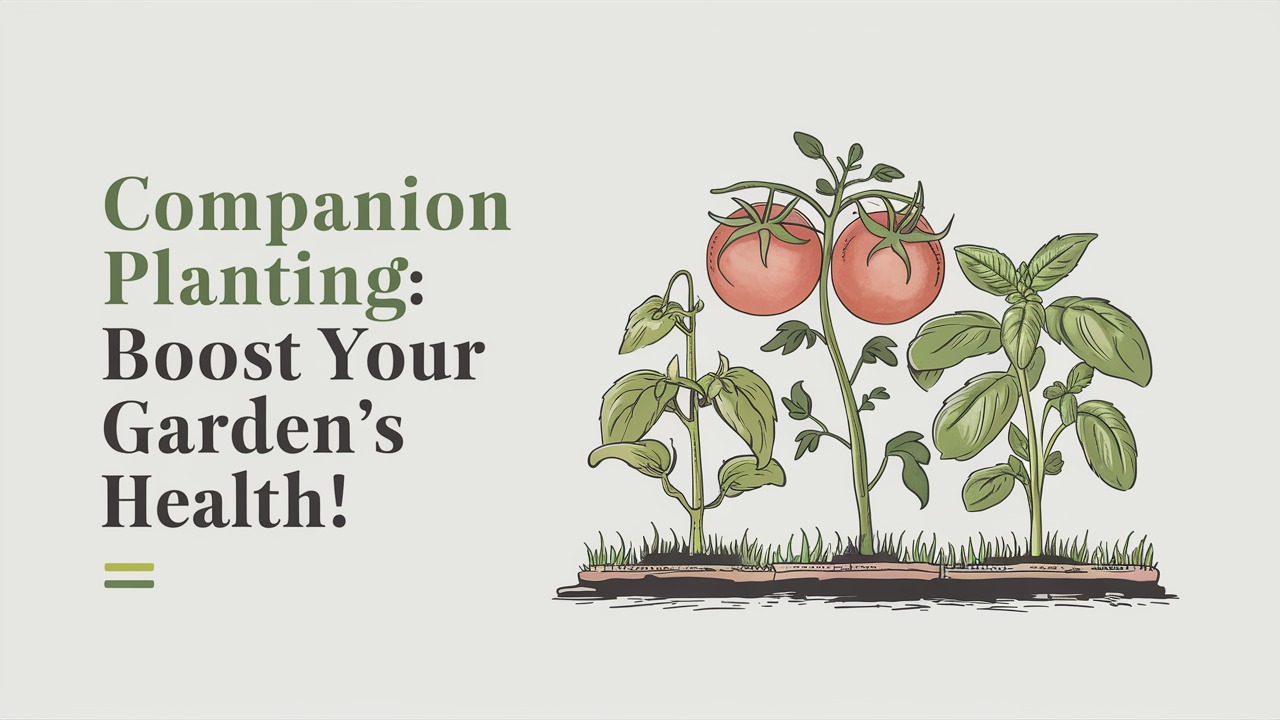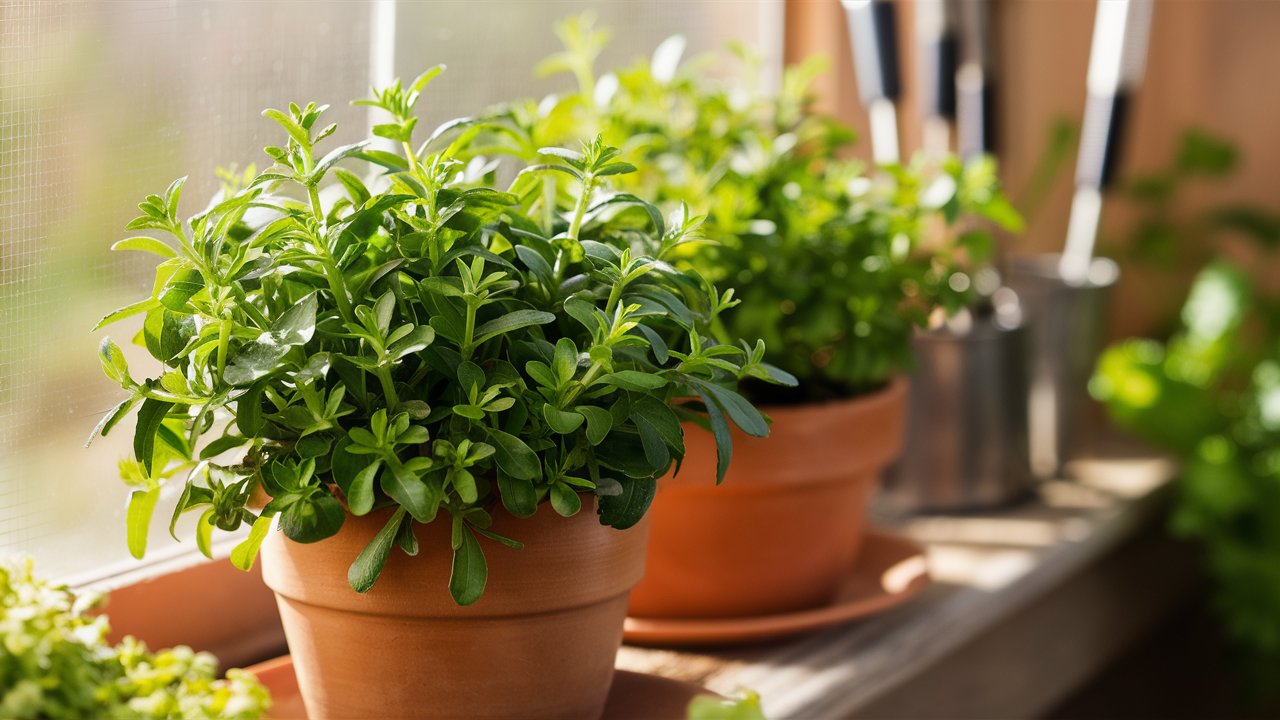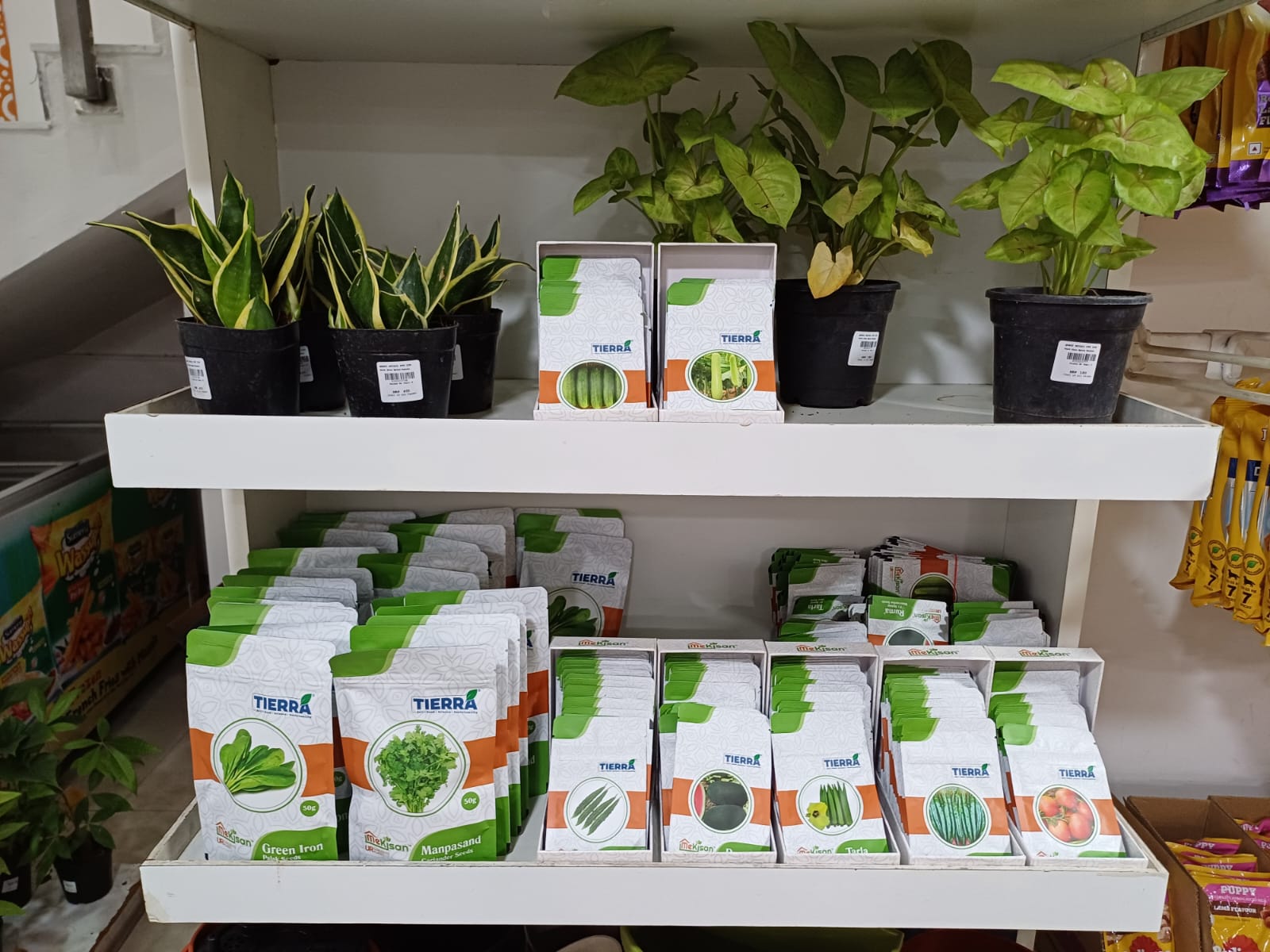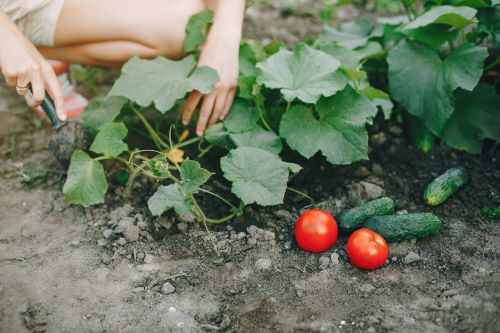
The Benefits of Growing Your Own Organic Vegetables
Have you ever thought about cultivating your own organic vegetables at home? Picture having fresh, healthy, and delicious produce right at your fingertips, free from pesticides, chemicals, or GMOs. It's not just a dream – growing your own organic vegetables is not only possible but also easy, enjoyable, and fulfilling. In this blog post, discover the advantages of growing your own organic vegetables and learn how to kickstart your own kitchen garden.
What are organic vegetables?
Organic vegetables are grown without synthetic fertilizers, pesticides, herbicides, or genetically modified organisms (GMOs). Certified by third-party organizations, they adhere to strict standards ensuring quality and safety.
Benefits of organic vegetables:
- Nutrient-rich: Studies show that organic vegetables contain higher levels of antioxidants, vitamins, minerals, and phytochemicals than conventional ones. These substances protect cells from damage, reducing the risk of chronic diseases.
- Safety: Organic vegetables are free from harmful pesticides and chemicals, making them safer for both consumers and the environment. Avoiding pesticides helps maintain biodiversity and a healthier ecosystem.
- Taste: Grown in nutrient-rich soil, organic vegetables are known for their superior flavor and aroma. Harvested at peak ripeness, they offer a taste and texture that surpasses conventionally grown alternatives.
How to grow your own organic vegetables:
- Choose a location: Select a spot with at least 6 hours of daily sunlight, good drainage, and air circulation. Use containers, pots, or raised beds for flexibility.
- Choose your vegetables: Grow a variety suited to your climate. Popular choices include tomatoes, okra, carrots, and herbs like methi , palak and coriander .
- Choose your seeds: Opt for high-quality organic seeds. MeKisan offers certified and tested vegetable seeds. Visit our online shop for affordable options.
- Prepare your soil: Create organic soil by mixing compost, vermicompost, cow dung, or other organic materials. Avoid chemical fertilizers and ensure the soil's pH and moisture levels are optimal.
- Sow your seeds: Follow grow guides for sowing time, depth, and spacing. Label seeds for easy tracking and provide gentle, regular watering.
- Transplant your seedlings: Choose a cloudy or cool day for transplanting. Water seedlings well before and after, providing shade and protection initially.
- Care for your plants: Regular watering, weeding, mulching, pruning, and providing support when needed are crucial for healthy plant growth.
- Protect your plants: Use organic methods for pest and disease control, including companion planting and organic pesticides.
- Harvest your vegetables: Harvest when ripe and tender. Use a sharp knife or scissors, wash thoroughly, and enjoy your home-grown produce.
Conclusion:
Growing your own organic vegetables is a rewarding journey. It promotes health, saves money, reduces waste, and connects you with nature. Get started today with MeKisan's quality seeds, and explore more tips on organic gardening on our blog and social media. Embark on your kitchen garden adventure now and relish the benefits of growing your own organic vegetables.
Explore Our Seed Collections
Transform your salads with our fast-growing veggie seeds! Check out our meticulously curated seed collections:
- Classy Pack: Five varieties of one-gram seeds.
- Standard Pack: Ten varieties of one-gram seeds.
- Elite Pack: Five varieties of five-gram seeds.
- Leafy Pack: Three varieties of 50-gram leafy seeds.
For a customizable experience, opt for our Flexi Pack, where you can select from 17 varieties of one-gram seeds.
Happy gardening! 🌱
